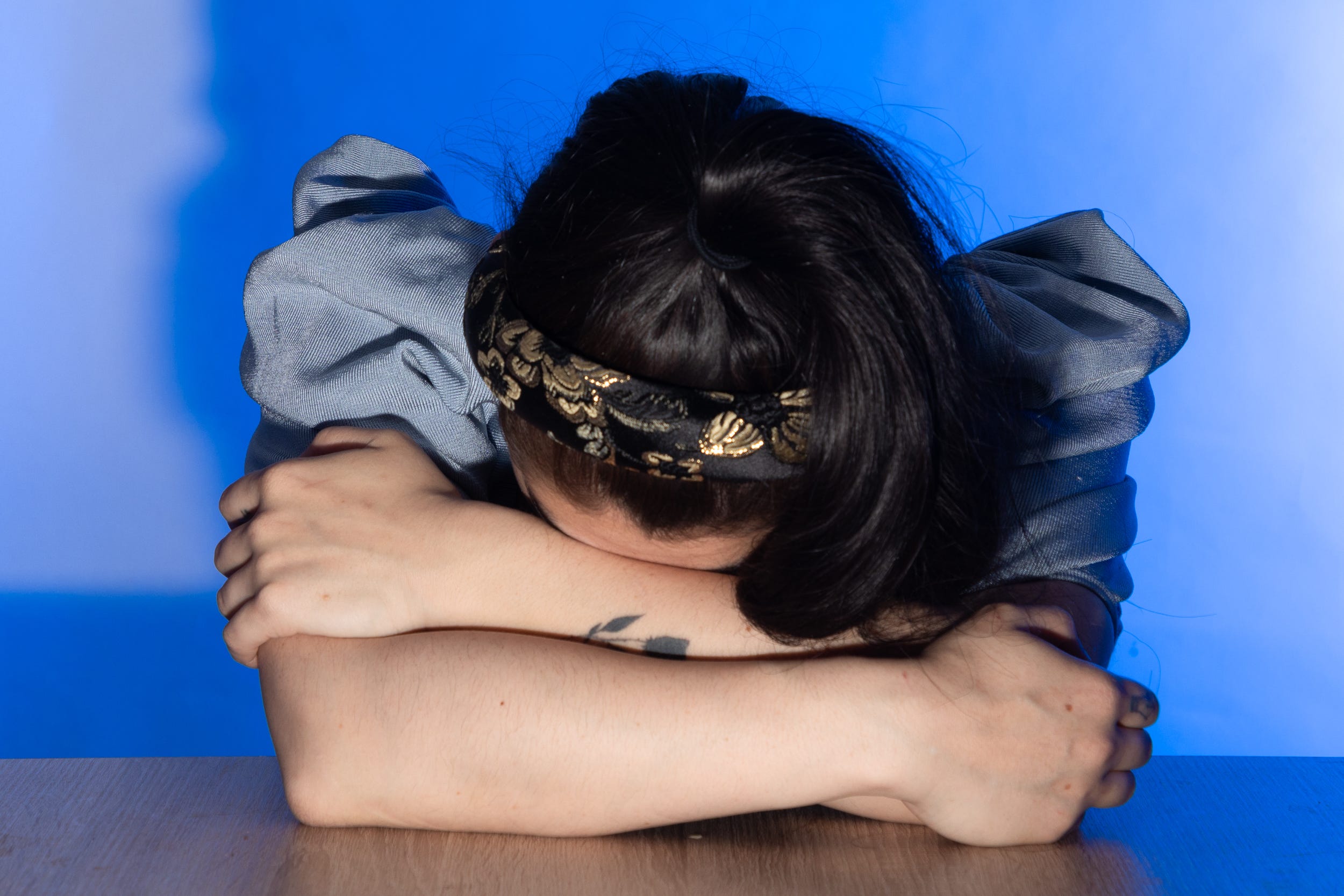-

Crystal Cox/Business Insider
- The percentage of Americans who rate their mental health positively is much lower this year than it’s been in the past two decades, according to a Gallup poll.
- Certain populations, like Republicans and high-income Americans, saw the largest declines in rates of self-reported excellent mental health.
- Still, about 3 in 4 Americans said their mental health is “good” or “excellent,” a brighter picture than some past reports and experts’ predictions.
- Visit Insider’s homepage for more stories.
The coronavirus pandemic has heightened isolation, stolen lives and jobs, broken relationships, and driven abuse. And yet, most Americans rate their mental health positively, a Gallup poll released Monday found.
That’s not to say they’re doing well. While three-quarters of Americans reported that their mental health is good or excellent, the percentage is still lower than over the past two decades, when it consistently ranged between 81% and 89%.
The findings, from a poll conducted in early to mid-November, likely reflect how the pandemic, as well as politics and racial tensions, have negatively affected people’s lives in 2020, Gallup said.
Republicans and higher-income Americans were far less likely than last year to report excellent mental health
To conduct the poll, Gallup called a random sample of 1,018 Americans and asked them whether they considered their mental health excellent, good, fair, or poor. The organization has done this annually in November since 2001.
The poll found that this year, 34% said their mental health was excellent, 42% said it was good, 18% said it was fair, and 5% said it was poor. Last year, 43% reported excellent mental health.
That drop "gives insight into the gaps in the lives of Americans," licensed mental health counselor Brittany Johnson told Insider. "The data is telling that mental health is still a luxury for many, as the numbers show a decline based on socioeconomic status."
Broken down further, Gallup found mental health ratings varied by demographic group. Women, Democrats, lower-income Americans, young adults, unmarried people, and those who rarely or never attend religious services were least likely to report their mental health as excellent, a trend that's remained relatively consistent over the years, according to Gallup.
But certain groups experienced new and dramatic drops in their mental health.
Excellent mental health ratings among people who make more than $100,000 annually, for example, plunged from 54% to 45%, but still remained higher than those who make less than $40,000 a year. Among the lower-income population, reports of excellent mental health dipped from 33% to 27%.
Likewise, last year, just over half of Republicans rated their mental health as excellent; this year - notably asked around the time the election results were rolling out - only 41% did. For Democrats, ratings of superb mental health remained lower than that of Republicans, but dropped less dramatically, from 30% to 29%.
"Our political affiliations tend to shape our beliefs, worldview, and feelings," Johnson said. "With the recent election people are either content/happy or upset and questioning things. That will directly impact your overall mental health."
People who attend weekly religious services made up the only group to see an improvement in excellent mental health, rising from 42% to 46%.
Other reports paint a more dire picture
In some ways, the report paints a brighter picture of Americans' psyche than other surveys and mental-health predictions. That could be in part because the Gallup poll was conducted via phone, and people may be more reluctant to admit mental health problems, which remain stigmatized.
Plus, while the Gallup findings emphasized reductions in excellent mental health, other reports have highlighted increases in negative mental health.
A summer report from the Centers for Disease Control and Prevention including 5,412 Americans, by contrast, found that the prevalence of symptoms of depression and anxiety quadrupled and tripled, respectively, compared to last year. The survey was web-based.
That report found 11% of American adults reported seriously considering suicide in a single 30-day time span, about double the percentage who did so last summer. In total, 40% of Americans reported some mental health issue or substance abuse related to the pandemic.
The rates of depression among pregnant women and new moms has also shot up from about 15% last year to 41% this year, another report found.
Johnson said the fact that, in the current report, three in four Americans rate their mental health positively is hopeful.
"COVID-19 has caused everyone to stop in their tracks and pivot so seeing this number gives hope that we are resilient and able to adapt and have a stronger chance at quicker recovery," Johnson said.
People who are feeling suicidal should call the suicide prevention hotline (1-800-273-8255) right away. Anyone feeling depressed or anxious should also reach out to therapists. Some offer free or discounted services, including group therapy that can now be virtually attended no matter where you live.
- Read more:
- Pregnant women and new moms are experiencing 'shocking' rates of anxiety and depression during the pandemic
- I thought a coronavirus lockdown would derail my mental health. Instead it's taken away my FOMO.
- Coronavirus patients are suffering from anxiety and panic attacks. Experts worry the psychological effects could linger.
- 12 ways to cope with coronavirus anxiety, according to psychologists

